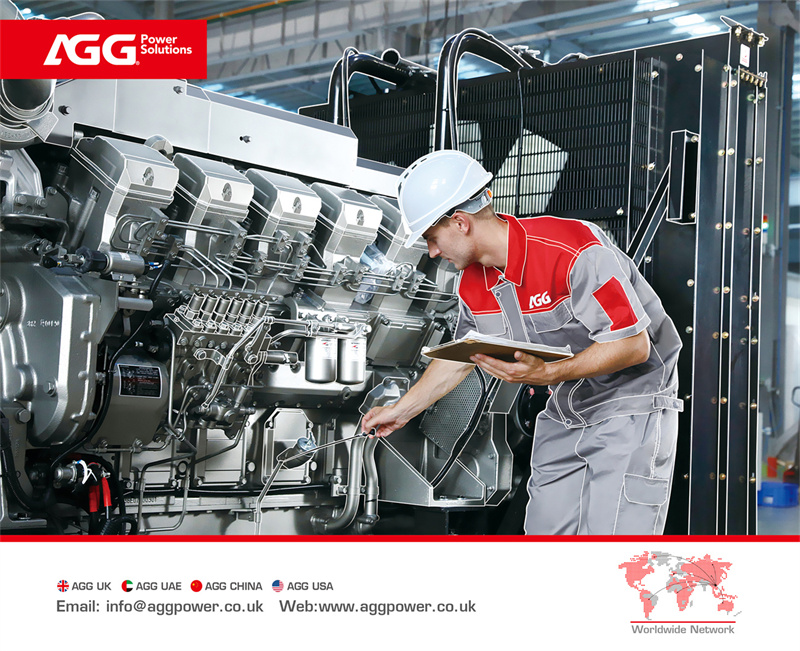How to Reduce the Fuel Consumption of a Diesel Generator Set?
The fuel consumption of a diesel generator set depends on several factors such as the size of the generator set, the load it is operating at, its efficiency rating, and the fuel type used.
The fuel consumption of a diesel generator set is typically measured in liters per kilowatt-hour (L/kWh) or grams per kilowatt-hour (g/kWh). For example, a 100-kW diesel generator set may consume around 5 liters per hour at 50% load and have an efficiency rating of 40%. This translates to a fuel consumption rate of 0.05 liters per kilowatt-hour or 200 g/kWh.
Main components that affect the total fuel consumption
1. Engine: The efficiency of the engine is a major factor that affects fuel consumption. Higher engine efficiency means less fuel will be burned to generate the same amount of power.
2. Load: The amount of electrical load connected to the generator set also affects the fuel consumption. Higher loads require more fuel to be burned to generate the required amount of power.
3. Alternator: The efficiency of the alternator affects the overall efficiency of the generator set. Higher alternator efficiency means less fuel will be burned to generate the same amount of power.
4. Cooling system: The cooling system of the generator set affects fuel consumption as well. An efficient cooling system can help improve the overall efficiency of the generator set, leading to lower fuel consumption.
5. Fuel injection system: The fuel injection system plays a key role in determining the fuel consumption of the generator set. A well-maintained fuel injection system will help the engine burn fuel more efficiently, reducing overall fuel consumption.
Ways to reduce fuel consumption of a diesel generator set
1. Regular Maintenance: Proper maintenance of the generator set can significantly reduce fuel consumption. This includes regular oil and filter changes, cleaning the air filter, checking for leaks and ensuring the engine is in good condition.
2. Load Management: Operating the generator set at a lower load can reduce fuel consumption. Make sure that the load connected to the generator is optimized and try to avoid unnecessary loads.
3. Use Efficient Equipment: Use efficient equipment that consumes less power. This can include LED lights, energy-efficient HVAC systems, and other energy-efficient appliances.
4. Consider Upgrading the Generator: Consider upgrading to a newer generator set with higher efficiency or advanced features such as automatic start-stop, which can help reduce fuel consumption.
5. Use High Quality Fuel or Renewable Energy Sources: The quality of the fuel also plays an important role in determining fuel consumption. Low-quality fuel with high impurities may cause clogging of filters, which can increase fuel consumption. Or users can consider using renewable energy sources such as solar or wind energy to reduce the need for the diesel generator set in the first place. This will significantly reduce fuel consumption and operating costs.
AGG Low Fuel Consumption Diesel Generator Sets
AGG diesel generator sets have a relatively low fuel consumption due to their advanced technology and high-quality components. The engines used in AGG generator sets are highly efficient and designed to deliver maximum power output while consuming minimal fuel, such as the Cummins engine, Scania engine, Perkins engine and Volvo engine.
Also, AGG generator sets are built with other high-quality components such as alternators and controllers that are designed to work together to optimize the performance of the generator set, resulting in improved fuel efficiency.
Know more about AGG diesel generator sets here:
https://www.aggpower.com/customized-solution/
AGG successful projects:
https://www.aggpower.com/news_catalog/case-studies/

1.jpg)